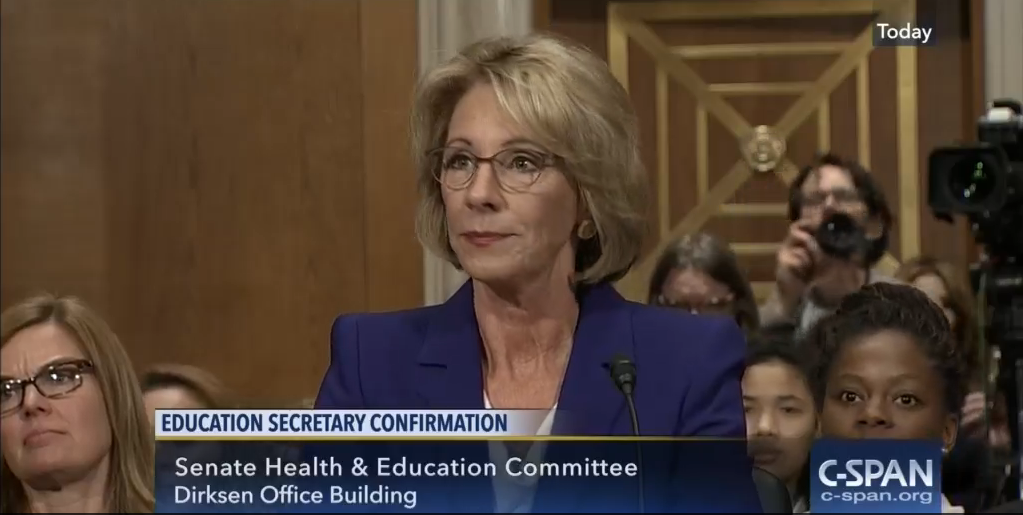Abortion rights, women of color, and LGBTQIA+ people are under attack. Pledge to join us in fighting for gender justice.
“You Don’t Look Like Someone Who Knows Calculus”

Today is International Day of Women and Girls in Science and lots of people are talking about the lack of women in science, technology, engineering, and math (STEM). As a woman in STEM myself (yep, social science counts!) it has me thinking about how much the signals we send to girls and women matter.
 The signals for me didn’t always point in the direction of a STEM career. I clearly remember my 8th grade math teacher telling me he wasn’t going to recommend me to take honors math in high school because, even though my grades were more than adequate, he didn’t want me to be overwhelmed. While his intentions may have been good, it shook my confidence and made me think my math skills weren’t very strong. If he thought I shouldn’t be in honors geometry, who was I to argue! And the signals aren’t just at school. I’ll never forget the time a guy I had just met told me, “You don’t look like someone who knows calculus.”
The signals for me didn’t always point in the direction of a STEM career. I clearly remember my 8th grade math teacher telling me he wasn’t going to recommend me to take honors math in high school because, even though my grades were more than adequate, he didn’t want me to be overwhelmed. While his intentions may have been good, it shook my confidence and made me think my math skills weren’t very strong. If he thought I shouldn’t be in honors geometry, who was I to argue! And the signals aren’t just at school. I’ll never forget the time a guy I had just met told me, “You don’t look like someone who knows calculus.”
These are the insidious signals girls and women receive that tell them “you don’t belong here,” “you aren’t part of this crowd,” “you don’t fit in,” “you’re not smart”. They are extremely harmful and they are a central part of why we don’t have equal numbers of women and men in STEM.
Fortunately I received lots of positive signals, too. My sophomore-year math teacher moved me into his honors section. I won the award for best student in honors calculus as a high school senior. My doctoral program in political science at the University of Michigan had many professors who encouraged me to take advanced statistics classes, who invited me to do research with them, and who generally let me know that they thought I could do it. Importantly, the department also had women faculty and senior graduate students engaged in sophisticated quantitative analysis—and while admittedly there weren’t enough of them, they were inspiring role models.
There are a lot of steps we need to take to close the gap for women in STEM but here’s an easy one. Today, to celebrate women and girls in science, show a woman she’s good at STEM and you support her interest in it. Ask about your niece’s science class. Trust your mom to calculate the tip at dinner. Let your daughter put together the computer. Your signal might be the one that makes a difference.




